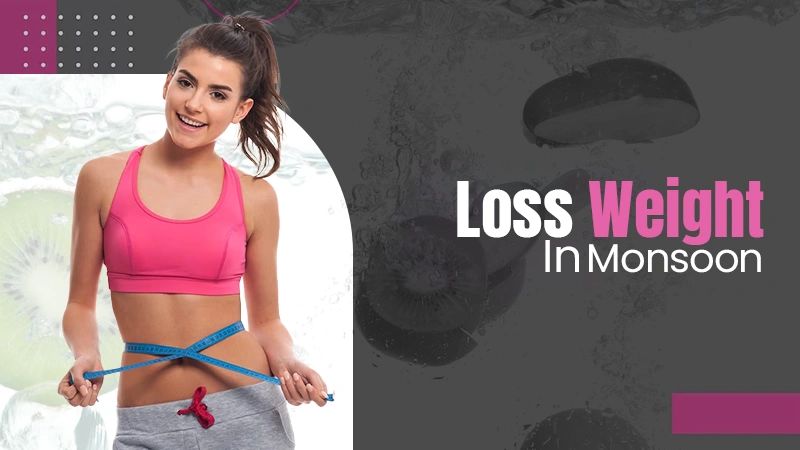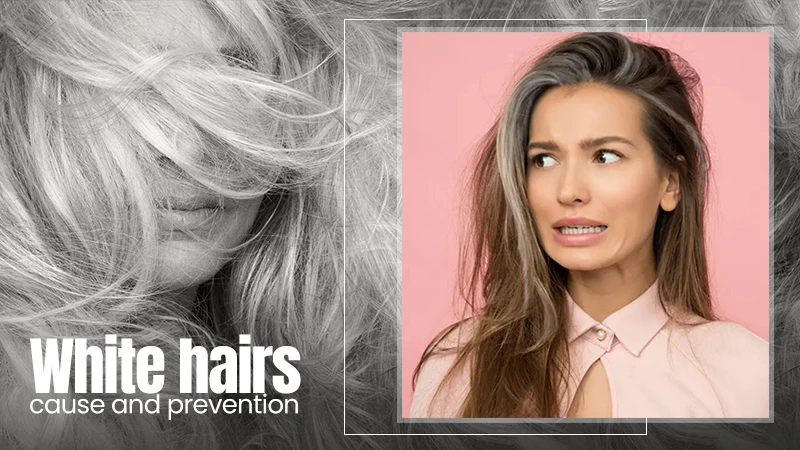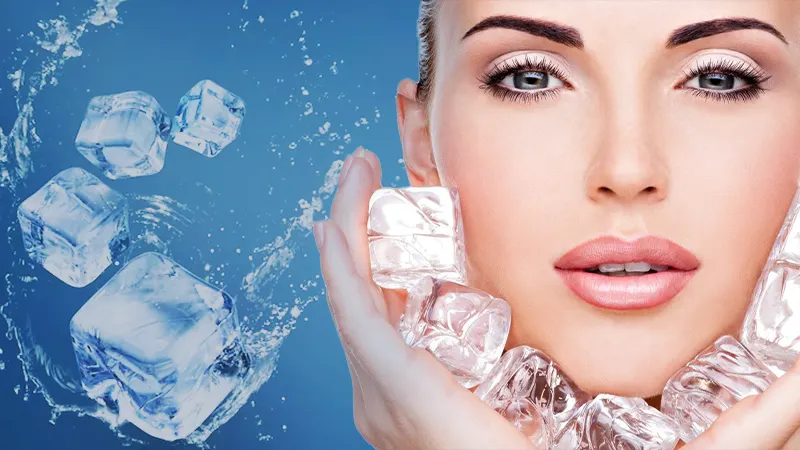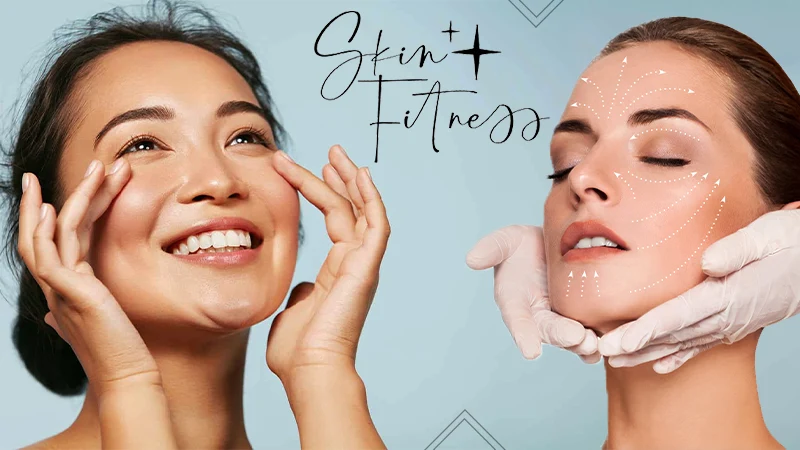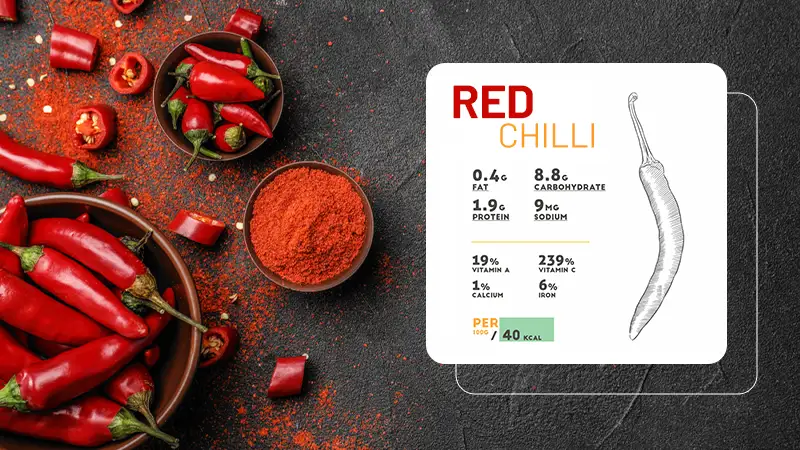Wellhealthorganic.com:vitamin-e-health-benefits-and-nutritional-sources
Are you experiencing depleting hairline and dull skin?
If yes, you might have a deficiency of vitamin E. Vitamin E promotes the healthy well-being of your blood, brain, and skin and is vital for vision and reproduction. It’s a fat-soluble vitamin and, surprisingly, the only form that the human body can use in alpha-tocopherol.
Vitamin E is a great antioxidant that targets loose electrons, also called free radicals. If you aren’t aware of the importance of vitamin E, this article will explain how important it is for your body. So let’s dive straight into Wellhealthorganic.com:vitamin-e-health-benefits-and-nutritional-sources and see why it’s important.
- About Vitamin E
- Deficiency Symptoms of Vitamin E – wellhealthorganic.com/vitamin-e-health-benefits-and-nutritional-sources
- Food Sources of Vitamin E – wellhealthorganic.com:vitamin-e-health-benefits-and-nutritional-sources
- Health Benefits of Consuming Vitamin E According to wellhealthorganic.com/vitamin-e-health-benefits-and-nutritional-sources
- What is Vitamin E Toxicity?
- What Do Scientists Say About Vitamin E?
- Final Verdict
About Vitamin E
Generally, we have heard that the majority of our skin, hair, and immunity-related issues can be solved with a rich vitamin E diet, and to some extent, it’s true. Vitamin E boosts immune function and prevents the formation of blood clots in arteries.
In the 1980s, vitamin E came to the notice of the scientific community along with other antioxidants. According to
wellhealthorganic.com/vitamin-e-health-benefits-and-nutritional-sources vitamin E is capable of preventing the condition of atherosclerosis which causes due to artery-clogging by free radical damage.
Atherosclerosis may lead to vision loss, cancer, and create favorable conditions for chronic diseases. Vitamin E potentially prevents the formation of free radicals, which are the molecules produced when our body breaks down food or is exposed to radiation, tobacco, or smoke. In simple words, vitamin E eliminates the formation of free radicals and protects cells from cellular damage.
Deficiency Symptoms of Vitamin E – wellhealthorganic.com/vitamin-e-health-benefits-and-nutritional-sources
Deficiency of vitamin E is not common and generally found in people who have digestion-related issues, which makes absorbing vitamins and minerals difficult for them. So if you have gut issues and doubt that you might be at risk of developing a vitamin E deficiency, look for the following symptoms:
- Ataxia (Loss of motor control)
- Immune function is impaired
- Damage to peripheral nerves
- Pain or weakness in hands and feet – peripheral neuropathy
- Retinopathy or visual impairment
- Reduced resistance
- Coordination issues
Wellhealthorganic.com:vitamin-e-health-benefits-and-nutritional-sources suggests that you must visit a doctor and opt for a vitamin E test, which will measure the vitamin E in your blood and confirm whether you have a deficiency of vitamin E.
Food Sources of Vitamin E – wellhealthorganic.com:vitamin-e-health-benefits-and-nutritional-sources
The vitamin E is available in abundance in food and supplements, so if you are diagnosed with a deficiency of vitamin E you can add the below-stated food items to your diet after consulting with a physician or nutritionist: –
- Soybean oil
- Sunflower oil
- Safflower oil
- Wheat germ oil
- Almonds
- Peanuts and peanut butter
- Asparagus
- Pumpkin
- Collard greens
- Spinach greens
- Beet greens
- Red bell pepper
- Avocados
- Mangoes
Moving further, let’s see the health benefits of having a vitamin E-rich diet.
Health Benefits of Consuming Vitamin E According to wellhealthorganic.com/vitamin-e-health-benefits-and-nutritional-sources
Vitamin E is an antioxidant that helps the body fight with harmful effects of free radicals. A vitamin E-rich diet has the following benefits: –
- Research has shown that vitamin E is helpful in preventing high cholesterol and regulating blood pressure, thus, reducing the risk of heart diseases.
- Including vitamin E-rich food in the diet helps in relieving period cramps and pelvic pain, especially in women suffering from dysmenorrhea and endometriosis.
- Some studies suggest that it may also help in preventing cognitive decline.
- Vitamin E improves lung health and reduces asthmatic symptoms to some extent.
- It reduces inflammation and strengthens the immune system in adults and old people.
- Vitamin E is also helpful in non-alcoholic fatty liver disease caused due to accumulation of fat in the liver in people who don’t drink much alcohol.
- By eliminating the damage caused by free radicals, vitamin E also helps in regulating oxidative stress.
These are the health benefits of having a high vitamin E diet. Advancing the discussion, let’s see what can lead to vitamin E toxicity.
What is Vitamin E Toxicity?
Vitamin E toxicity happens due to the excessive intake of supplements. Many researchers claim that natural vitamin E found in food is completely safe for the body, but too much consumption can cause health issues.
Being an important vitamin, vitamin E can interact with many different medications, so one should never take its supplements without consulting a doctor. Excessive intake without the prescription of a doctor can result in vitamin E toxicity and can cause increased bleeding risk, especially in people already on anticoagulation or antiplatelet therapy. So, if you take my advice, I will suggest you consult a physician about whether to take vitamin E supplements or not.
What Do Scientists Say About Vitamin E?
There’s an ongoing debate about whether a healthy individual should take supplements of vitamin E. There are scientists who doubt that too much intake of vitamin E can increase the risk of death due to sporadic reports of adverse health effects. By concluding the findings of several researches, and studies, the scientists have attempted to get a clear idea whether how much intake of vitamin E is safe.
According to wellhealthorganic.com:vitamin-e-health-benefits-and-nutritional-sources the doctors and researchers conducted a study where they gathered the data from approximately 19 vitamin E clinical trials, including the HOPE and GISSI studies. In the study, they found that patients who consumed more than 400 IU of supplements per day had a high death rate. The conclusions of this study are subject to some limitations, but they got popular attention when they were first released.
Final Verdict
Vitamin E is essential for our body, but as mentioned in wellhealthorganic.com:vitamin-e-health-benefits-and-nutritional-sources its excessive intake is not favorable and can make you prone to many diseases. So if you want to prevent vitamin E toxicity, you should always refer to a doctor for the best advice.


